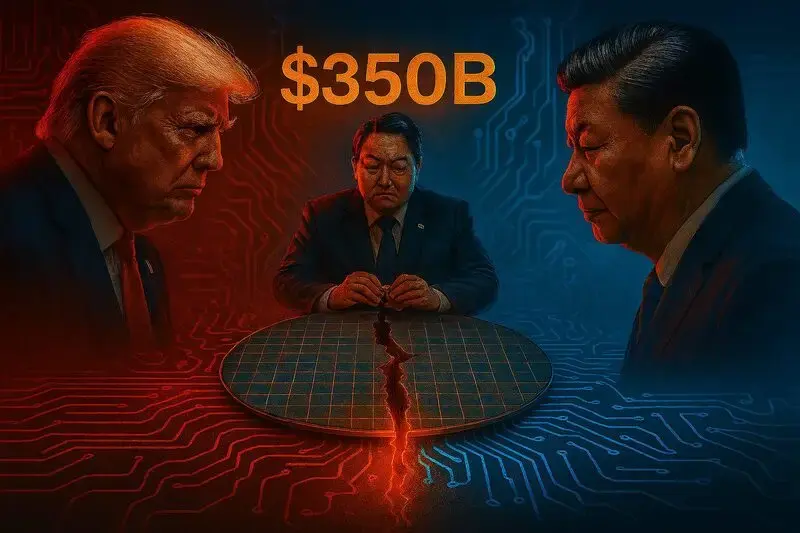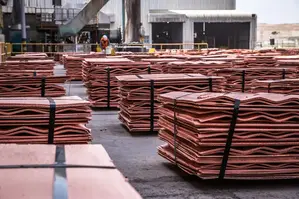US-Korea tariff clash tensions are threatening a $350 billion trade agreement right now as China retaliation picks up speed and semiconductor supply disruptions keep getting worse. South Korea’s National Security Adviser has publicly stated that Seoul can’t pay $350 billion in cash to the United States, which is putting the entire Korea trade pact at risk.
US China Trade Tensions Threaten Chip Supply, Impact Korea Pact
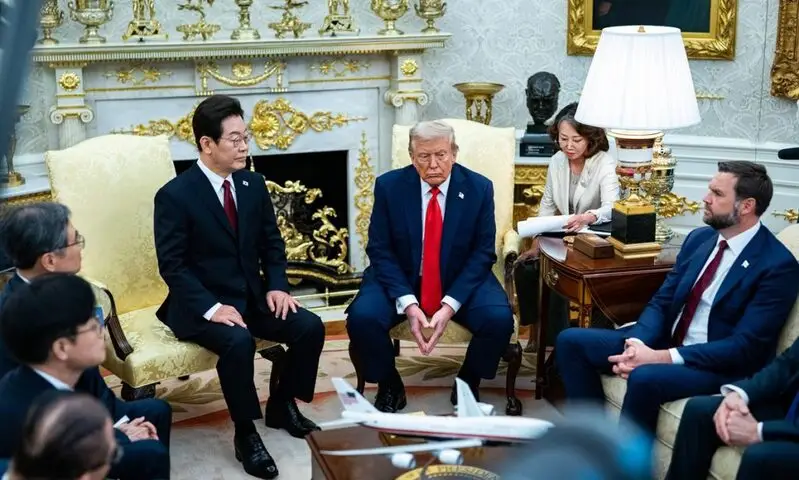
The US Korea tariff clash has been getting worse as Trump’s administration demands payment terms that South Korea says are impossible to meet. The chip war between Washington and Beijing has caught Seoul right in the middle, and it’s threatening to mess up global supply chains that depend heavily on South Korean semiconductor production.
Also Read: China To Launch K-Visa as U.S. Imposes $100K H-1B Fee on Firms
At a September Shanghai Cooperation Organization meeting, Chinese leader Xi Jinping hosted around 18 leaders from across Eurasia, showing Beijing’s growing ambitions. Trump’s comment about the summit revealed his position as more of an observer rather than someone actively shaping what’s happening.
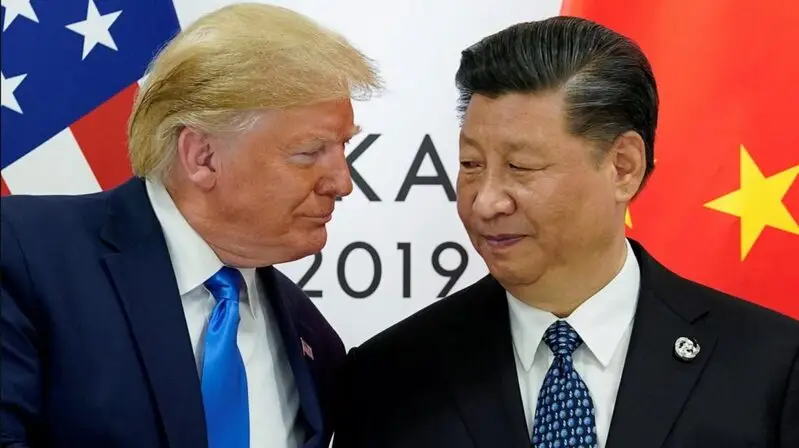
U.S. Secretary of State Marco Rubio has called the existing global order “obsolete” and “a weapon being used against” the United States. In response, China retaliation has been taking a calculated approach that goes way beyond simple tariffs.
Chinese Premier Li Qiang stated at the UN:
“China has all along acted as a staunch defender of world peace and security.”
China’s Counter-Strategy
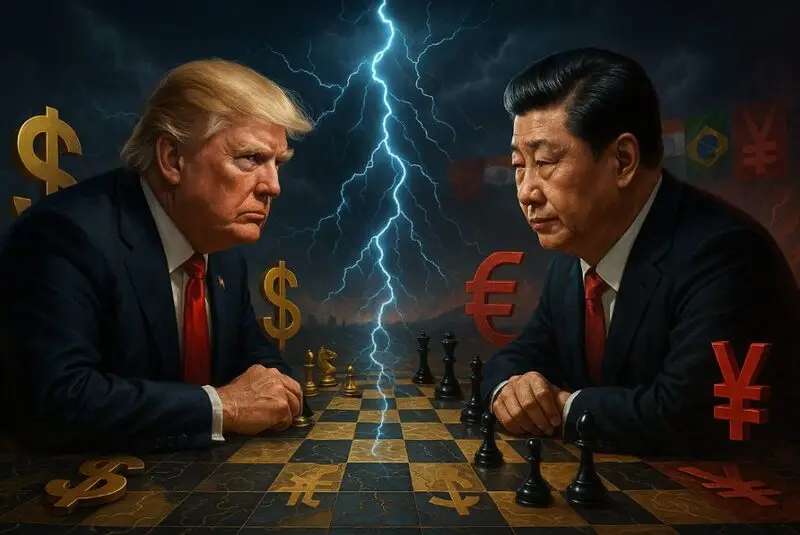
China retaliation includes cutting tariffs on African goods along with promising World Trade Organization reforms. The chip war has become a big deal in this conflict, with Beijing positioning itself as promoting “Global Solidarity in the AI Era” while Trump’s plan focuses on “Winning the Race.”
The US Korea tariff clash is threatening the Korea trade pact’s foundation, which was originally designed to make semiconductor supply chains stronger. The $350 billion deal now also hangs in the balance as Trump pushes for terms that Seoul simply can’t meet.
Also Read: US President Trump Announces 25% Tariffs on Japan, South Korea
Stakes for Global Supply Chains
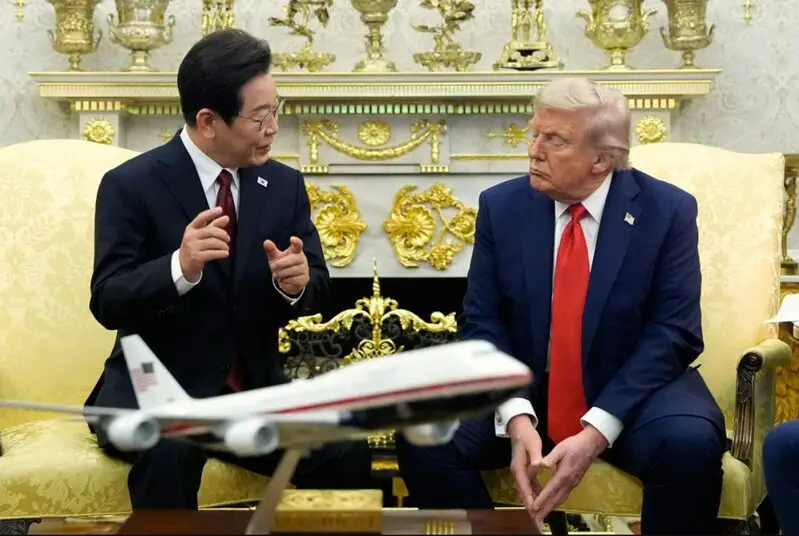
Global supply chains are also facing major disruption as the chip war keeps intensifying. South Korea produces some critical advanced semiconductors, and any breakdown in the Korea trade pact would ripple through tech manufacturing worldwide.
Xi’s strategy has been taking advantage of Trump’s rejection of working with other countries. While Trump cuts foreign assistance and also slaps on tariffs, Beijing is courting developing nations and reforming international institutions from within. China retaliation has proven more sophisticated than expected, focusing on long-term positioning rather than immediate confrontation.
The US-Korea tariff clash highlights how geopolitical competition, rather than economic logic, is reshaping global supply chains.
